What I feel most upset and disheartened about is that humans who identify as eco-oriented have designated as heroes figures who deliver feel-good messages. They “inspire” us with “hope”, or rather, lull us into the collective delusion that the human civilization behemoth can exist in harmony with its environment.
The classic metaphor for optimism and pessimism were “glass half-full” and “half-empty”. They were two distinct yet compatible ways of focusing on a single situation. We now improperly apply the term “optimism” to a conviction that ignores (or even refuses to consider) consequences, while a minority that genuinely comprehends ecology pleads for the public to see the limitations to our options and control.
It’s taboo to scrutinize these figures’ statements and reasoning. So not only are we failing to prepare for our whole operation to crash, but we’re also asking for civilization’s machines to continue devouring Earth. I want to believe that our species is capable of facing facts and navigating this century somewhat wisely, but this dystopian phenomenon leaves my expectations deflated.
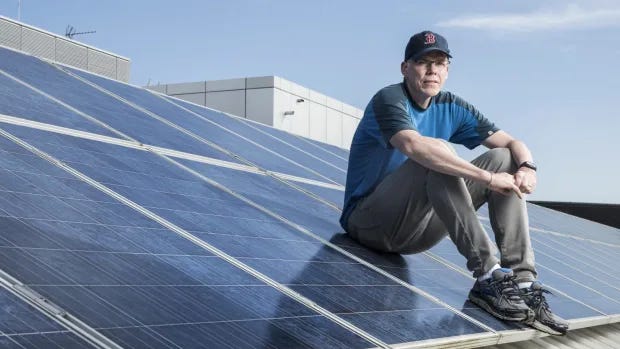
Bill McKibben
The founder of 350.org has written for decades about climate issues yet fails to understand the basic logistics of an energy transition.
He imagines (at 27:00-34:00):
“We’re in a moment when it’s possible to imagine, in relatively short order, humans ending large-scale combustion on planet Earth … It’s no longer strictly necessary. We now know how to take advantage of the fact that the good Lord hung a big ball of burning gas 93 million miles away in the sky … My sense is it’s going to take material to do it... but it’s going to take quite a bit less than what we’re using at present… We’ve gotta figure out how to do it with some kind of environmental standards and… some kind of humanity”
Amory Lovins
From the Guardian:
“Nicknamed the ‘Einstein of energy efficiency’… in 1976 he offered Jimmy Carter’s government a blueprint for how to triple energy efficiency and get off oil and coal within 40 years… Lovins is arguing for the mass insulation of buildings alongside a vast acceleration of renewables. ‘We should crank [them] up with wartime urgency. There should be far more emphasis on efficiency’”
“Solar and wind are now the cheapest bulk power sources in 91% of the world, and the UN’s International Energy Agency (IEA) expects renewables to generate 90% of all new power in the coming years. The energy revolution has happened. Sorry if you missed it”
[See: why efficiency means more destruction, how the “energy revolution” is going and will go]
From Yale Environment 360 in 2012:
e360: Given that we’re in the midst of what could only be described as a fossil fuel boom, with the discovery of new unconventional sources and new oil sources being found all over the world, how do you speed this transition and get from here to there?
AL: Well, I’m not sure what boom you’re talking about.…
e360: Certainly in China, India, and the developing world there is a fossil fuel boom going on.
AL: But in a global context, there is a remarkable boom in efficiency and renewables in China, the world leader in five renewables. Part of the story in China is that the extraordinary vitality of renewables is coming very largely from the vibrant private sector. [Epilogue: April 2024, China Leads Global Coal Power Surge as Capacity Hits Record]…
e360: You’ve got the president of Shell writing a foreward to your book. There are prominent quotes from the president of Texaco in one section of the book. How do you persuade these oil companies that are making billions of dollars now and into the foreseeable future to get on board with this renewable energy revolution? What is going to persuade them to be on what you see as the right side of history?
I can answer that last one. BECAUSE IT’S INDUSTRIAL RESOURCE EXTRACTION.
Christiana Figueres
This author of “The Future We Choose” (the subtitle varies: “Surviving the Climate Crisis” / “The Stubborn Optimist's Guide to the Climate Crisis”) and co-host of the “Outrage and Optimism” podcast engages in magical thinking.
From an episode of On Being:
“Climate change is the gym in which we as human beings are strengthening our muscle to be able to evolve to a much higher sense of awareness than before … measured in the way that we understand our relationship with nature”
“With our thoughts we create the world”
"ridiculous barrier between spiritual reality and physical reality"
"We’re not talking about wishful thinking; we’re talking about deciding that it doesn’t have to be this way"
“Let’s be thankful to the oil and gas industry that powered at least half of the world and gave creature comforts to half of the world … We no longer need you, we now have better technologies that can power the full world … We’ll have more energy than we can possibly consume”
“It’s possible from a resource point of view because … -get out of our scarcity mindset- there is no limit to the wind and the sun”
An exchange between podcast host Krista Tippett and Figueres:
KT: I feel like the people you’re really impatient with are the people who are making a choice to be indifferent.
CF: I have to extend my compassion. I’m not quite there yet.
KT: What we’re calling “indifference” can just be a resignation which feels itself to care but can’t care anymore, so it’s complex, right? It’s as complex as we are.
CF: Is it? … If we say “It’s all over anyway” and we really stand in that reality then we actually will create that reality.
Mark Z. Jacobson
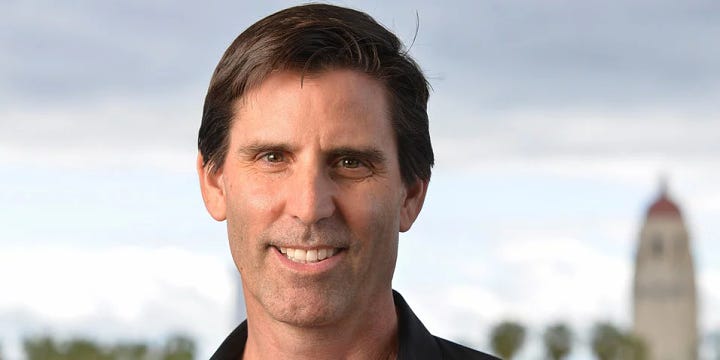
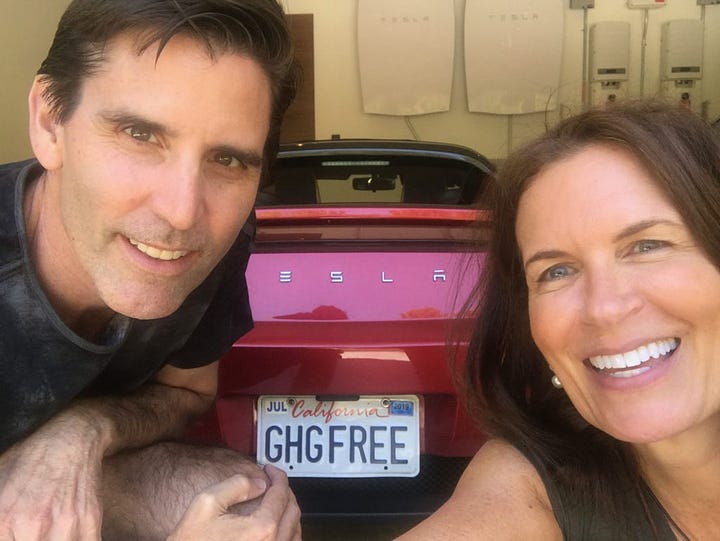
photo source, source
This gentleman authored “100% Clean, Renewable Energy and Storage for Everything” and “No Miracles Needed: How Today's Technology Can Save Our Climate and Clean Our Air … with a forward by Bill McKibben”. In response to a critique of his claims, he maturely presented a well-reasoned defense of his arguments… just kidding! He sued the journal for defamation and lost.
Michael Mann
This climate scientist is the original doom-shamer and coined the term “inactivist”
Key moments from a 2021 Guardian interview:
He suggests that the problem is specific actors rather than civilization itself: “Who is the enemy in the new climate war? It is fossil fuel interests, climate change deniers, conservative media tycoons, working together with petrostate actors like Saudi Arabia and Russia. I call this the coalition of the unwilling.”
He demonstrates the sense of superiority that comes along with a so-called-green modern lifestyle: “I don’t think it is helpful to shame people who are not as far along as you. Instead, let’s help everybody to move in that direction. That is what policy and system change is about: creating incentives”
He doesn’t appreciate cultural inertia: “If the science objectively demonstrated it was too late to limit warming below catastrophic levels, that would be one thing and we scientists would be faithful to that. But science doesn’t say that.”
Mann responds to Hausfather’s graph above with the following tweets:
Human statisticians established their rules and now we can use them to hide from a scary, unhinged planet:
If a trend isn’t dramatic enough (and therefore doesn’t meet the standards of “statistically significance”) we can dismiss its all-around significance, stopping thinking about it and not worry.
If a deviation from historic precedent is too dramatic, it’s an anomaly and not a New Normal. Our models couldn’t possibly have any shortcomings, so if we observe something that we didn’t predict and can’t explain, the observation must be what’s wrong.
[Epilogue: Despite Mann’s valiant openness to the possibility that the planet would go back to behaving un-shockingly, 2023 Q4 continued to break records.]
Rebecca Solnit
This doom-shaming journalist assumes that Doomers are motivated by the reaction that they want to elicit, rather than by careful analysis of reality. She writes “Doom-mongering has overtaken denial as a threat and as a tactic. Inactivists know that if people believe there is nothing you can do, they are led down a path of disengagement.”
Hannah Ritchie
The Executive Director of “Our World In Data” is the face of younger doom-shamers.
In a Guardian interview:
Journalist: You begin the book by talking about people of your generation being afraid to bring children into the world. Do you feel more optimistic about this now?
HR: Yes. For me personally, I would like to have children and I don’t think that climate change would stop me from doing that. If anything, it would make me more determined to build a better future for them. There are a lot of people working on climate change who know the impacts and the trajectory we’re on, and they are still making the decision to have children. That’s a bit of a signal.
Yes, a signal that humans are irrational and overestimate their agency.
Ritchies 2021 article for Wired, “Stop Telling Kids They’ll Die From Climate Change“, is a master class on (self-)deception. As reasons to expect that a Happy Ending is possible, Ritchie offers:
1.5C isn’t a nail-in-the-coffin → This isolated observation is correct and civilization is inevitably destined for oblivion.
“None of the climate scientists I know and trust … are resigned to a future of oblivion.” →
“77% of top-level climate scientists expect that global temperatures will rise by at least 2.5°C by 2100”
Silos of specialists and the myth of authority: It isn’t climate scientists’ jobs to be aware that civilizations can’t exist without burning-out their environments, so they aren’t.
Fewer people are dying in natural disasters → Ritchie (and peers like “Enlightenment Now” author Steven Pinker) focus narrowly on signs of progress, while ignoring that they’re all instances of improvements for humans and have arisen in parallel (inevitably) with environmental degradation. Eventually, as we become unable to power and repair our technology, and natural disasters amplify, we’ll see more human deaths.
“Coal is effectively dead in many countries.” (She also likes to point out that UK emissions have fallen) → The scale that matters -because we’re all on this one planet together- is the global one, and coal in that context is still going strong, with plans to ramp up extraction.
“Renewable prices are falling rapidly.” → I explain with the price lens here.
“We will most likely pass 1.5C in the next few decades” → Ritchie wrote that understatement in 2021. The April 2023-April 2024 average was +1.6C. Granted, as El Niño shifts to La Niña, the average might drop back below +1.5C, but surely it won’t take “the next few decades” for us to be permanently above it.
“If we can achieve this progress without real political or financial support, think how quickly it could change with it.” → Indeed, so much potential devastation that we can write off as “green”!
“It’s time to stop telling our children that they’re going to die from climate change… it might actually make it more likely to come true.” → Civili-zealots love their magic!
In this interview, investigative reporter Rachel Donald asks Ritchie about how her book, “Not the End of the World”, misconstrues data.
Ezra Klein
The NYT columnist, host of “The Ezra Klein Show”, and author of the upcoming book “Abundance: What Progress Takes”, says:
“Conversations about climate change are pretty depressing [but] decarbonizing doesn’t mean accepting a future of less - it can mean a more awesome, humane, technologically rich, and socially inspiring future for us all.”
Klein doesn’t want to imagine a fate that is less-than-awesome, so he insists on the possibility of an alternative that defies biology and physics.
From his Op Ed, “Your Kids Are Not Doomed”:
“To bring a child into this world has always been an act of hope.”
By Klein’s logic, to notice storm clouds on the horizon but leave home without an umbrella is an “act of hope” that it might not downpour. It’s dismissing intuition about obvious trends. It’s superstitious risk-taking. Is that wise? And if your wet clothes were capable of experiencing suffering, would it be ethical of you?
“No mainstream climate models suggest a return to a world as bad as the one we had in 1950”
The mainstream climate models might not, but the Limits to Growth study and Peak Oil’s implications are pretty ominous. So are many recent headlines.
“We have done so much to build a sea wall between us and the pitiless world. We have done so much to make the future better than the past. [substacker’s note: Sixth Mass Extinction, widely destructive agricultural practices-?] To give back any portion of those gains or even to prevent the progress we could otherwise see is worse than a tragedy. It is a crime.”
Pause. Are we still talking about the decision to create-your-own-human?
The wind doesn’t stop blowing because an autocrat has a tantrum; harnessing the solar radiation that bathes our world doesn’t leave us in hock to the House of Saud.
Okay, (a) Wind does stop blowing, though. Like, on its own. (b) The creation and maintenance of “green” energy infrastructure requires global, fossil-fueled supply chains.
We face a political problem, not a physics problem. The green future has to be a welcoming one, even a thrilling one. If people cannot see themselves in it, they will fight to stop it. If the cost of caring about climate is to forgo having a family, that cost will be too high. A climate movement that embraces sacrifice as its answer or even as its temperament might do more harm than good. It may accidentally sacrifice the political appeal needed to make the net-zero emissions world real.
There it is. We want an idea that will be popular and drive support for further industrial activity. If a notion doesn’t fit those requirements, resist it. Truthfulness isn’t a criterion. Forget the horrors that anyone currently alive or yet-to-be-born will experience. Your baby-making is Klein’s marketing tool, because parents are inclined to welcome (or disinclined to question) a program advertised as the ticket to a bright future.
George Monbiot
Greenpeace UK tweeted a clip where George Monbiot compares fossil-hydrocarbons to cake and “green” energy infrastructure to salad. His simplistic portrayal of our predicament focuses on a call to “leave coal, oil and gas… in geological strata” and blames “the oppressive power of the fossil fuel industry”.

In a 2009 exchange with Paul Kingsnorth, Monbiot argues:
I am fighting to prevent both initial collapse and the repeated catastrophe that follows… Without action – informed, focused and immediate – the crisis will happen.
What kind of action could achieve this? Monbiot describes his strategy:
What could you do? You know the answer as well as I do. Join up, protest, propose, create.
To achieve what? Expansion of the “green”-industrial complex. Monbiot asks -
How many people do you believe the world could support without either fossil fuels or an equivalent investment in alternative energy? How many would survive without modern industrial civilisation? Two billion? One billion? Under your vision several billion perish.
What he doesn’t realize is that a world with “alternative” energy might be (given the infrastructure’s environmental impacts and design shortcomings) one that supports even fewer humans.
Al Gore
Another individual who is all Cranky Pants and no Thinking Cap, the former Vice President and subject of “An Inconvenient Truth” rose to fame by suggesting that an environmentally-sound existence is “not as hard as you might think”.
He tweeted on 01/26/2024: “If we want to enhance energy security, create jobs, and prevent environmental injustice, we should be making investments in cheaper, readily available renewable energy, not dirty and damaging fossil fuels.”
Paul Hawken
His book titles cater to a modernity-oriented audience that yearns for control and fixability:
“Drawdown: The Most Comprehensive Plan Ever Proposed to Reverse Global Warming”
“Regeneration: Ending the Climate Crisis in One Generation”
Hawken asserts:
“If you look at the science about what is happening on Earth and aren’t pessimistic, you don’t understand data. But if you meet the people who are working to restore this Earth and the lives of the poor and you aren’t optimistic, you haven’t got a pulse.”
It’s one thing to appreciate the inherent value of restorative efforts. But we would be wrong to assume that humans will undertake a Comprehensive Plan to Reverse Global Warming or End the Crisis in One Generation. To acknowledge this doesn’t mean a person lacks compassion. It means they’re able to simultaneously feel emotion and see clearly.
Greta Thunberg
The founder of Fridays for Future writes:
"The EU’s renewable energy directive should apply solely to actual renewable energy forms – and forests are not renewable. Forests are ecosystems created by nature that cannot be replanted. Certified and supposedly ‘sustainable’ forestry causes increased emissions, a daily loss of biodiversity and a systematic violation of indigenous peoples’ rights in Europe’s Arctic regions. ... [The European Parliament] will lock in decades of increased carbon emissions, biodiversity loss and human rights violations."
She’s absolutely right - which is why I genuinely want to know where Thunberg thinks solar panels and wind turbines and power lines and batteries and electric stoves and heat pumps and … etc. come from, when she urges policymakers to divert funding to “true renewables such as offshore-wind, solar and geothermal."
Jason Hickel (sorry, Degrowth!)
The degrowth advocate writes in favor of the “green”-industrial complex:
“Scaling down less-necessary production … liberates productive capacities (factories, labour, materials) which can then be remobilized to do the production and innovation required for rapid decarbonization. For example, factories that are presently devoted to producing SUVs can produce solar panels instead. Engineers that are presently developing private jets can work on innovating more efficient trains and wind turbines instead. Labor that is presently employed by fast fashion firms can be liberated to train and contribute to installing renewable capacity, insulating buildings, or a wide range of other necessary objectives”
Andrew Millison (sorry, Permaculture!)
The prominent permaculture figure says (at 16:55 during this roundtable):
“I don’t envision the possibility in the United States of going to a completely localized, peasant-based agriculture. First off, that would be a little bit hard of a political sell”
He assumes that people will have the choice of making do in cities. If the circumstances make local subsistence farming the only possible means of survival and humans don’t relocate as necessary to pull it off (because the idea can’t be “sold”), then they’ll starve.
More on Ecomodernism
“An Ecomodernist Manifesto” (signed by Ted Nordhaus, Linus Blomqvist, Roger Pielke Jr, Rachel Pritzker, Michael Shellenberger, Mark Lynas, Robert Stone et al)
The Breakthrough Institute’s website (executive director Ted Nordhaus)
“The Techno-Optimist Manifesto” (by Marc Andreesen)
Bjorn Lomberg - interviewed by Russel Brand
Matt Huber – articles for Jacobin / Tim Parrique responding to Matt Huber
Noah Smith – blog / Tim Parrique responding to Noah Smith
A critique of the Nordhaus legacy - “When Idiot Savants Do Climate Economics”
A critique of the Breakthrough Institute - Part 1, Part 2, Part 3
interview with Jason Bradford, Board President of the Post-Carbon Institute, about ecomodernists’ misconceptions
spoof paper, “A Species-level Taxonomic Treatment of the Phalse Prophets with Hypotheses on their Origin and Evolution”
Cornell: ecomodernists’ satellite lair -
Critiques of Gates Foundation agricultural interventions in Africa
Mark Lynas’ inaccurate, deceptive promotions for GMOs and pesticides / his bio at Cornell’s Alliance for Science bio / his bio at the Breakthrough Institute




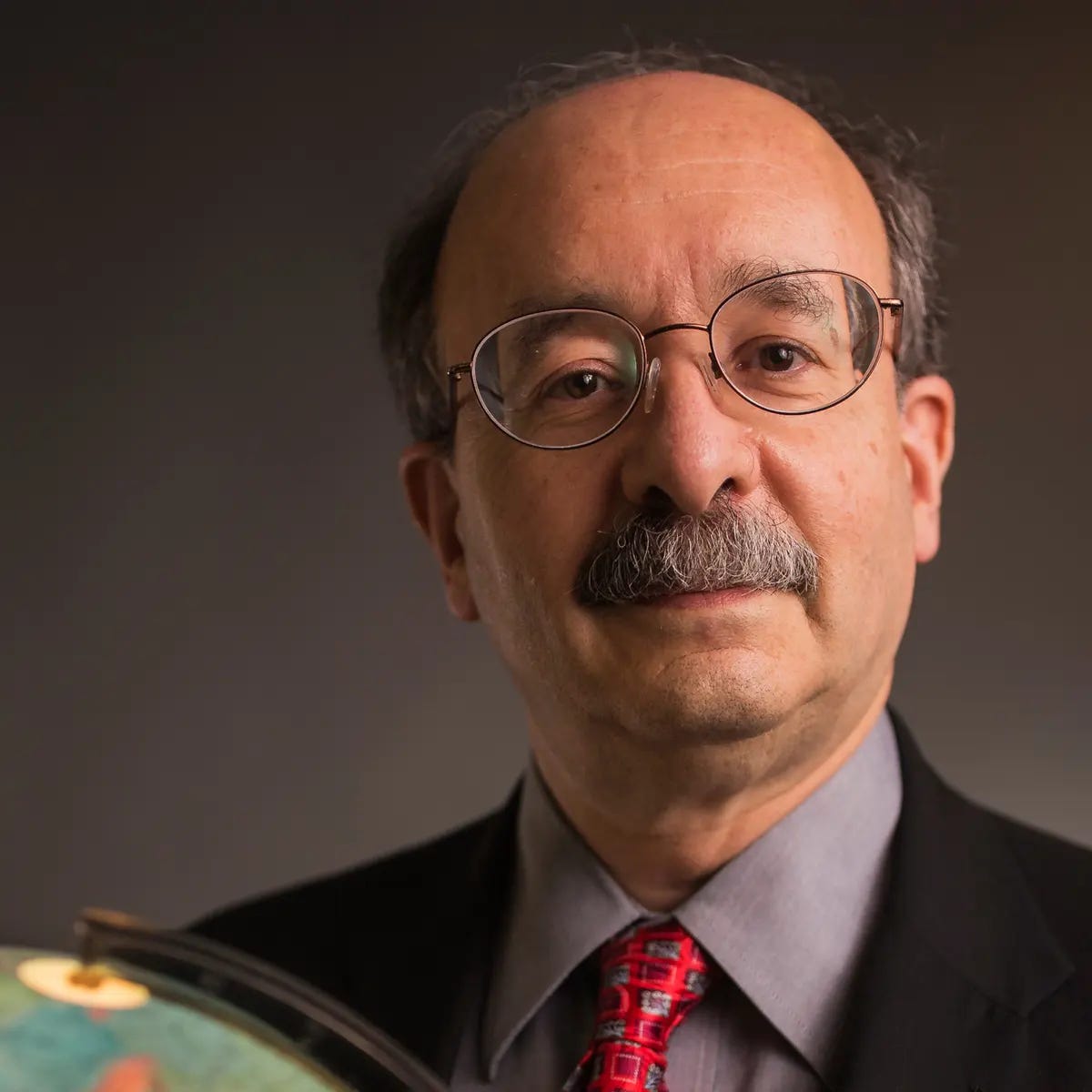
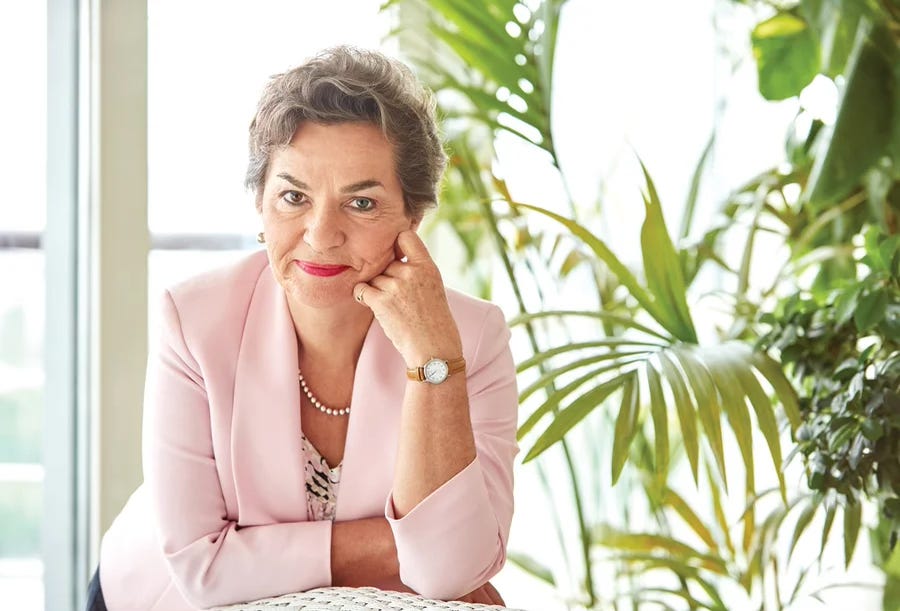
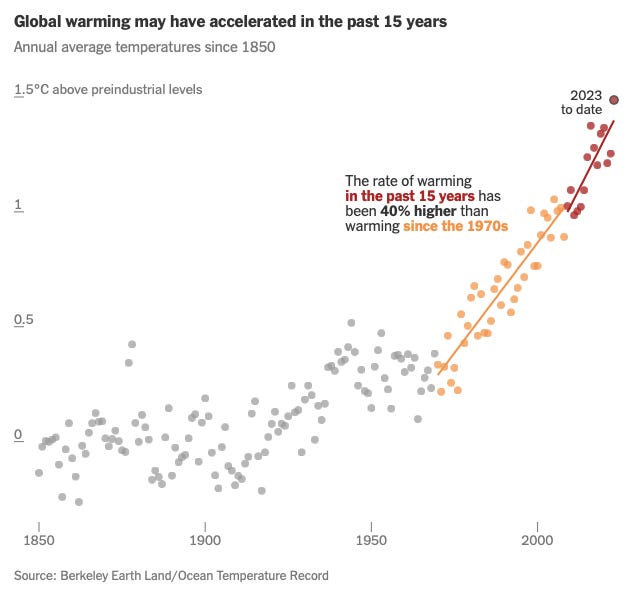
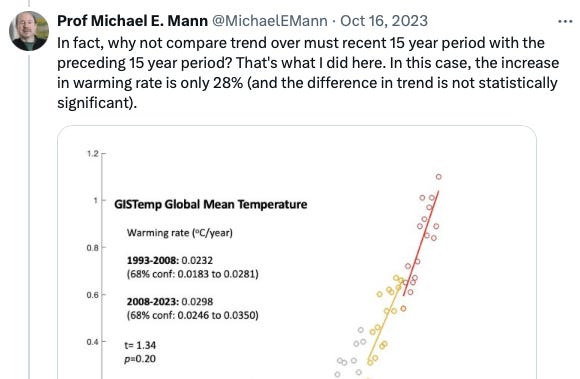
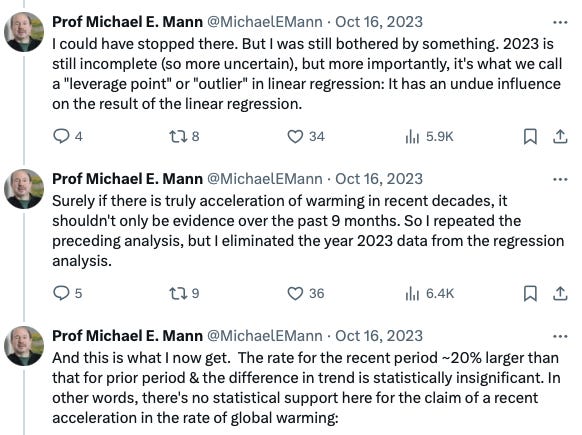
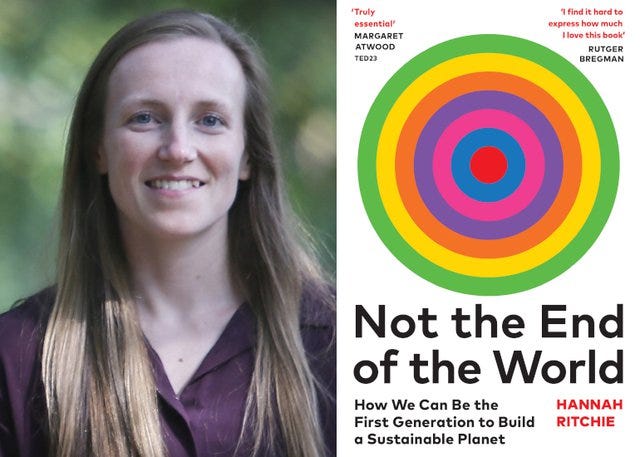
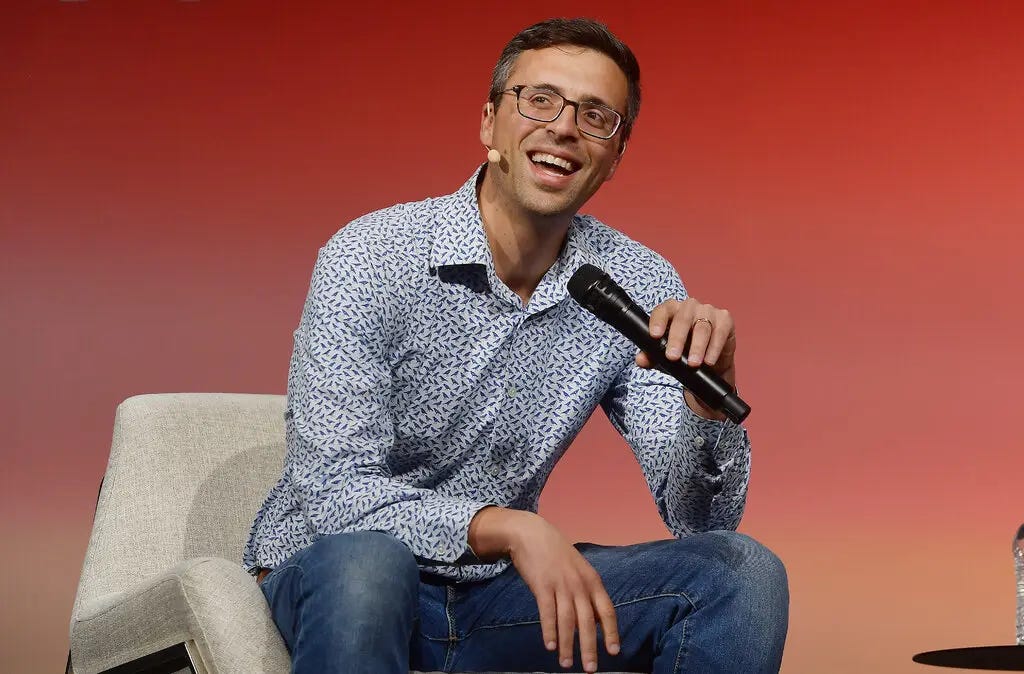
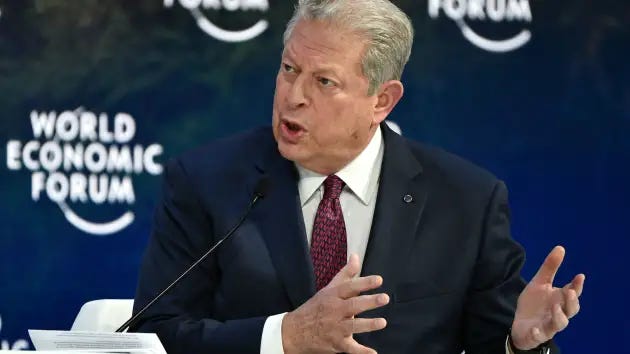
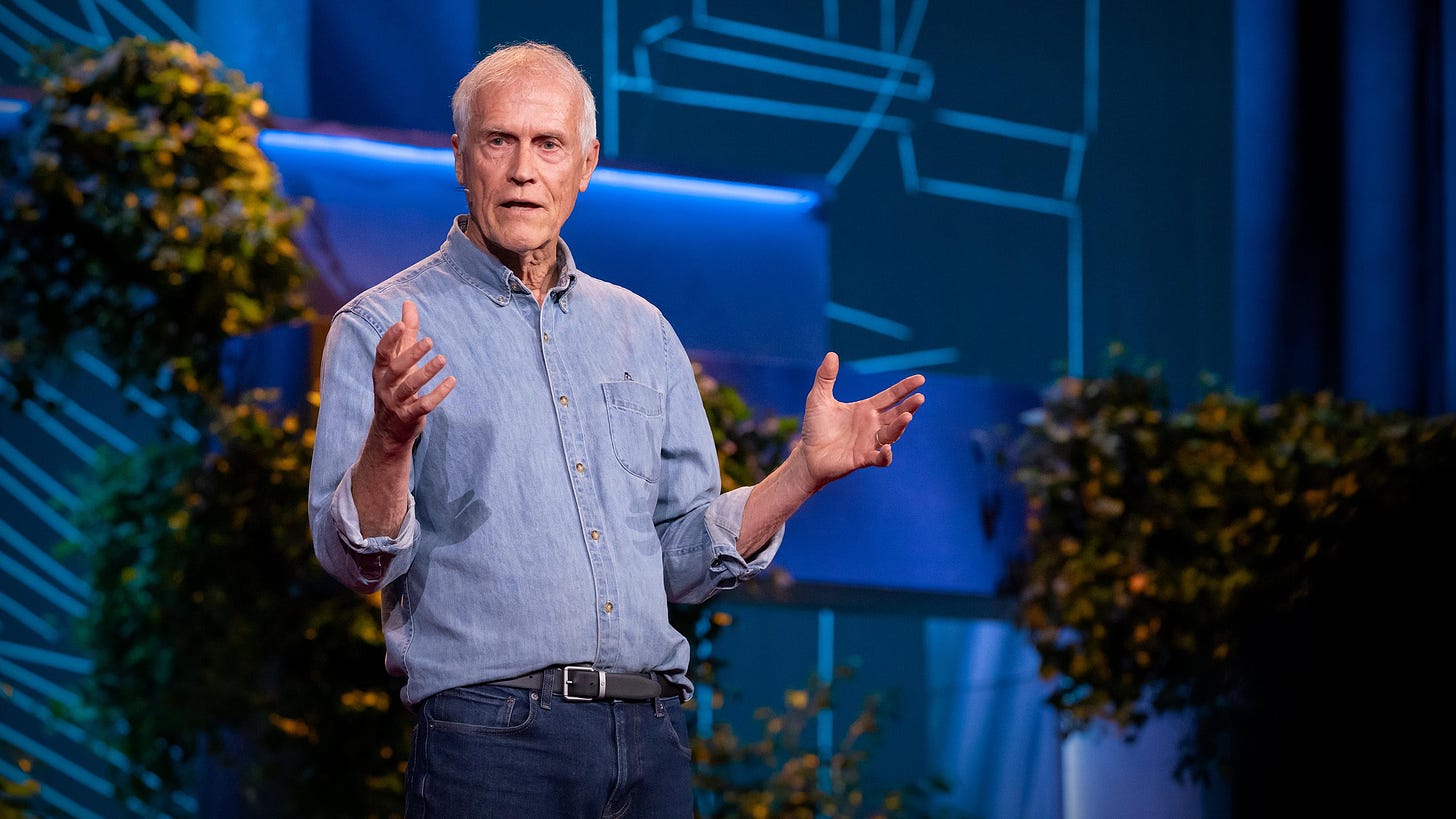
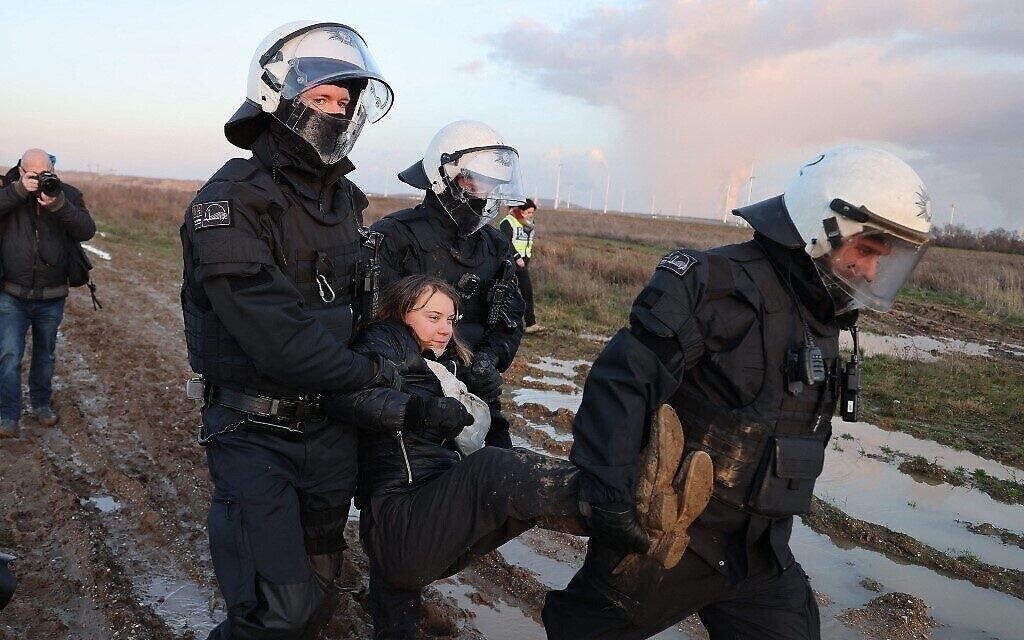

these poor kids. thunberg is honest with herself so she'll get there. the rest tho...
Of all the people mentioned in this post, I have the most hope for Greta Thunberg. Once she understands the big picture, she will change her opinions.